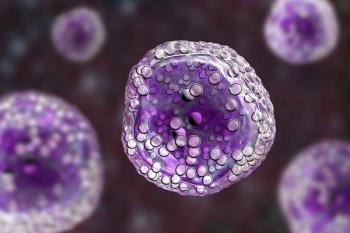
An expert from the University of Texas MD Anderson Cancer Center says momelotinib may lead to decreased transfusion dependence vs danazol in myelofibrosis and intermediate- or high-risk anemia.

Your AI-Trained Oncology Knowledge Connection!


Nicholas Wrigley formerly wrote for CancerNetwork and was an editor for the journal ONCOLOGY.
He is a writer of fiction; his work has appeared in a local anthology, the Best Short Stories of Philadelphia, and elsewhere. He holds an MFA in Creative Writing from Temple University and spends most of his spare time reading books, writing books, playing video games, or sleeping. He has inexplicably strong opinions on East European history, Star Wars, and pasta. He lives in Greater Philadelphia with his family and, more importantly, their two dogs.

An expert from the University of Texas MD Anderson Cancer Center says momelotinib may lead to decreased transfusion dependence vs danazol in myelofibrosis and intermediate- or high-risk anemia.
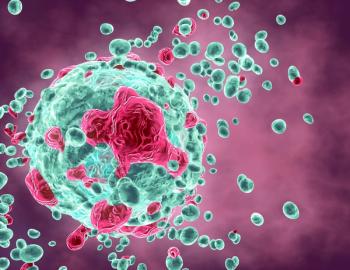
Nicole Peeke, LCSW, ACHP-SW, emphasizes the importance of an integrated oncology care plan and that mental health care should be incorporated as a standard of care.
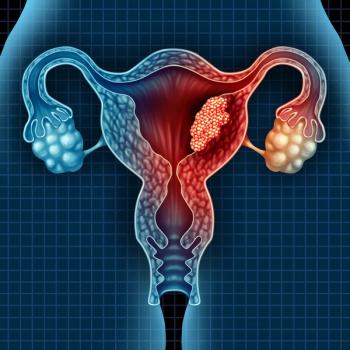
ONA-XR plus anastrozole yields preliminary clinical activity in a small population of patients with refractory, hormone receptor (HR)–positive, metastatic endometrial cancer.

Lack of access to adequate mental health care affects both patients and survivors of cancer who experience significant burdens, highlighting a need for normalization, according to a licensed clinical social worker.
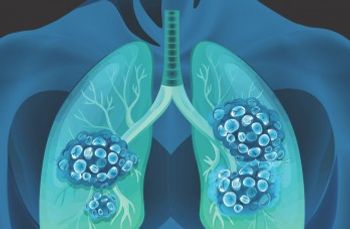
Adjuvant osimertinib continues to prolong survival and improve outcomes among patients with resected, EGFR-mutant non–small cell lung cancer.
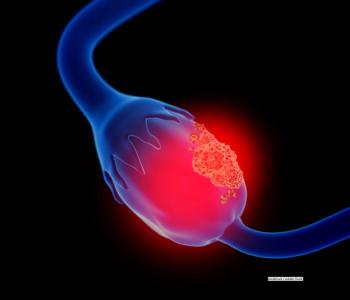
Maintenance olaparib plus bevacizumab may improve survival in patients with high-grade ovarian cancer regardless of BRCA mutation location, according to a subgroup analysis of the PAOLA-1/ENGOT-ov25 trial.

Neoadjuvant pembrolizumab appears to improve outcomes in a cohort of patients with metastatic microsatellite instability–high, mismatch repair deficient solid tumors.
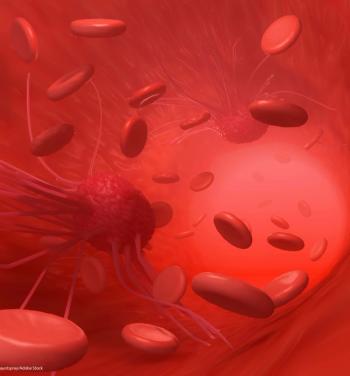
An expert from Augusta University says cancer care should extend beyond treatment and highlights why unmet social needs should be a consideration for survivors of hematologic cancer, especially those with a lower socioeconomic status or who are of a racial or ethnic minority.
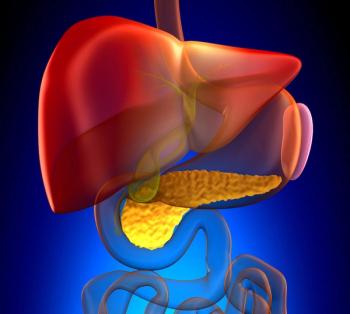
Adjuvant atezolizumab plus bevacizumab may effectively combat recurrence after surgery in patients with early-stage hepatocellular carcinoma.
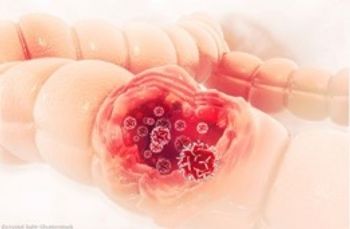
Novel, personalized, tumor-informed brPROPHET technology can assess molecular residual disease with greater sensitivity than other assays, according to initial data.
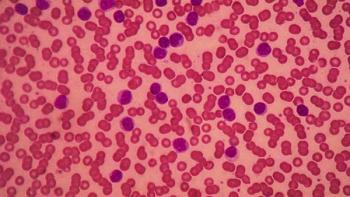
Moxetumomab pasudotox-tdfk, approved as a treatment for relapsed/refractory hairy cell leukemia in 2018, will be withdrawn from the United States market in July 2023.
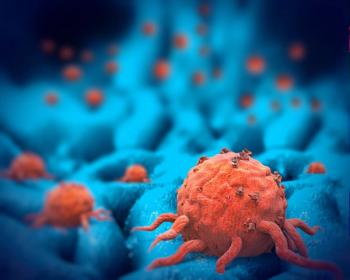
The use of cobimetinib was effective in patients with Rosai-Dorfman disease, and responses were especially deep in those with KRAS or MEK alterations, according to findings from a recent retrospective study.
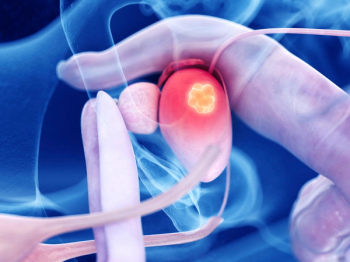
Patients with previously untreated, locally advanced or metastatic urothelial carcinoma responded to treatment with trilaciclib and avelumab.

The TriNetra™-Glio liquid biopsy has received breakthrough device designation from the FDA for the diagnosis of brain tumors.
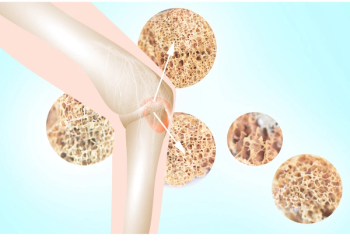
“It’s a wonderful time to work in the field of myeloma. There’s so much progress being made. Given how much we’ve accomplished in the last 5 years, I can only imagine what the next 5 will hold.”
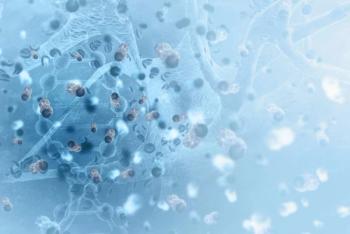
A triplet, PDS0101-based combination regimen enhanced survival across several types of HPV-positive cancer, according to interim data from a phase 2 trial.

18F-sodium fluoride PET-CT appeared to be a more accurate identifier of bone metastases in patients with breast and prostate cancer than the standard SPECT method.

Positive topline data from the phase 2b HERIZON-BTC-01 trial indicate zanidatamab may improve outcomes for patients with HER2-amplified and expressing biliary tract cancers.

Treatment with the BTK inhibitor ibrutinib plus the CAR-T cell therapy tisagenlecleucel produced a high rate of durable responses in patients with relapsed/refractory mantle cell lymphoma after they stopped treatment at 6 months, according to early data from the TARMAC trial.

A panel of experts from Mount Sinai examines representative patient cases and reviews treatments in multiple myeloma.

Acalabrutinib produced promising response rates in combination with lenalidomide and rituximab in previously untreated patients with mantle cell lymphoma.

The findings, according to a third-party expert, suggest there’s no benefit to the use of trifluridine and tipiracil alone in earlier lines of therapy for the treatment of colon cancer.
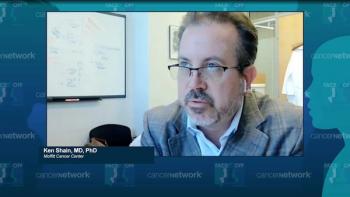
Ken Shain, MD, PhD, pinpoints the critical, lingering gaps in patient access to cellular immunotherapies in multiple myeloma.

Ken Shain, MD, PhD, provides an overview of developments on the horizon in multiple myeloma.

Ken Shain, MD, PhD, spoke about the dramatic impact of novel immunotherapies in the multiple myeloma treatment landscape, as well as other updates from the 2022 ASH Annual Meeting and Exposition.

Ken Shain, MD, PhD, discussed some of the research in multiple myeloma that was featured in a recent FaceOff program, and how these recent advances may change the standard of care.
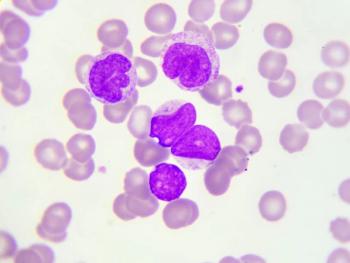
Referring responders with chemotherapy-sensitive relapsed/refractory diffuse large B-cell lymphoma who achieved a partial response or better to transplantation resulted in an improved overall survival vs those undergoing additional lines of therapy.
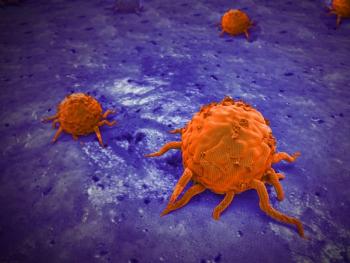
Non-Hispanic Black patients appeared to have higher disease-specific mortality rates than patients of other races, with clinicopathologic factors playing the greatest role in the disparity.

Rapcabtagene autoleucel, a novel CAR T-cell therapy, was promisingly effective and tolerable in patients with relapsed/refractory diffuse large B-cell lymphoma, according to findings from a phase 1 dose-escalation study.

The marketing authorization application for oral momelotinib in myelofibrosis has been approved by the European Medicines Agency.